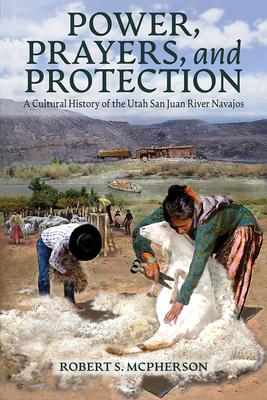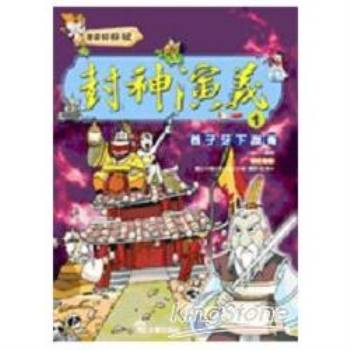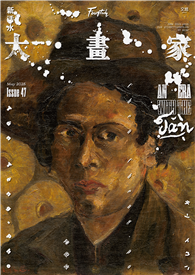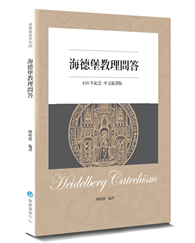The San Juan River Navajos--residing in the vicinity of Aneth, Montezuma Creek, Bluff, and Tódahidíkáanii--have a fascinating history shaped, in part, by the water they lived near and the land they depended on. Circumscribed by sacred narratives and traditional teachings, the Diné forged a life in this high desert landscape while facing challenges from the environment as well as their neighbors--Utes, Paiutes, Mormons, cowboys, miners, evangelists, agents, government farmers, military personnel, educators, and entrepreneurs of all kinds. Their life has been one of confrontation, change, and adaptation as they explored new paths into the future.
Navajo oral tradition is rich in stories and themes that form the basis for ceremonial performance. Everything that is physical, emotional, or spiritual has been placed in this world by the holy people at the time of creation, a process recognized in these accounts and teachings. Each chapter references sacred narratives that provide power through prayers that bring protection and a path for believers to follow. Topics include life on the river before and during the introduction of the white man, efficacy of the chantways, teachings of medicine people, childhood memories, arrival of trading posts, encounters with the automobile and other technology, livestock reduction and its aftermath, and the development of the Aneth oilfield with its ensuing protests. This is the Navajo elders’ story as seen through their eyes and told in their voice.| FindBook |
有 1 項符合
Power, Prayers, and Protection: A Cultural History of the Utah San Juan River Navajo的圖書 |
 |
Power, Prayers, and Protection: A Cultural History of the Utah San Juan River Navajo 作者:McPherson 出版社:University Press of Colorado 出版日期:2024-02-21 語言:英文 規格:平裝 / 378頁 / 普通級/ 初版 |
| 圖書館借閱 |
| 國家圖書館 | 全國圖書書目資訊網 | 國立公共資訊圖書館 | 電子書服務平台 | MetaCat 跨館整合查詢 |
| 臺北市立圖書館 | 新北市立圖書館 | 基隆市公共圖書館 | 桃園市立圖書館 | 新竹縣公共圖書館 |
| 苗栗縣立圖書館 | 臺中市立圖書館 | 彰化縣公共圖書館 | 南投縣文化局 | 雲林縣公共圖書館 |
| 嘉義縣圖書館 | 臺南市立圖書館 | 高雄市立圖書館 | 屏東縣公共圖書館 | 宜蘭縣公共圖書館 |
| 花蓮縣文化局 | 臺東縣文化處 |
|
|
圖書介紹 - 資料來源:博客來 評分:
圖書名稱:Power, Prayers, and Protection: A Cultural History of the Utah San Juan River Navajo
King of Kings: The Iranian Revolution: A Story of Hubris, Delusion and Catastrophic Miscalculation
Who’s Afraid of the Big, Bad Jew: Learning to Love the Lessons of Jew-Hatred
Theatres of the Body: Dance and Discourse in Antebellum Philadelphia
Theatres of the Body: Dance and Discourse in Antebellum Philadelphia
Russian Warfare in the 21st Century: An Incentive-Opportunity Intervention Model
Stranger-Kingship in Antiquity
Latin America and the World’s Fairs, 1867-1939
Recipe for Death: The Erin Patterson Story
Ghost Nation: The Story of Taiwan and Its Struggle for Survival
The Cambridge Companion to Marcus Aurelius’ Meditations
Who’s Afraid of the Big, Bad Jew: Learning to Love the Lessons of Jew-Hatred
Theatres of the Body: Dance and Discourse in Antebellum Philadelphia
Theatres of the Body: Dance and Discourse in Antebellum Philadelphia
Russian Warfare in the 21st Century: An Incentive-Opportunity Intervention Model
Stranger-Kingship in Antiquity
Latin America and the World’s Fairs, 1867-1939
Recipe for Death: The Erin Patterson Story
Ghost Nation: The Story of Taiwan and Its Struggle for Survival
The Cambridge Companion to Marcus Aurelius’ Meditations
|











